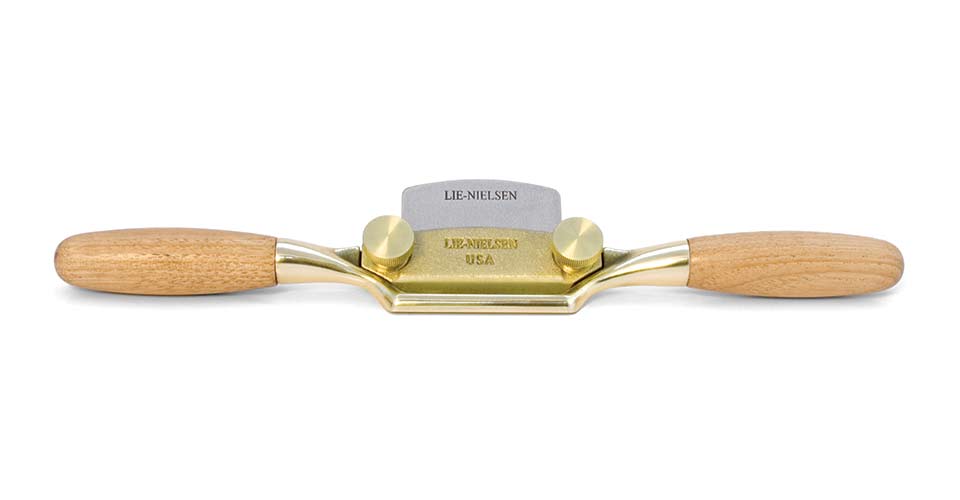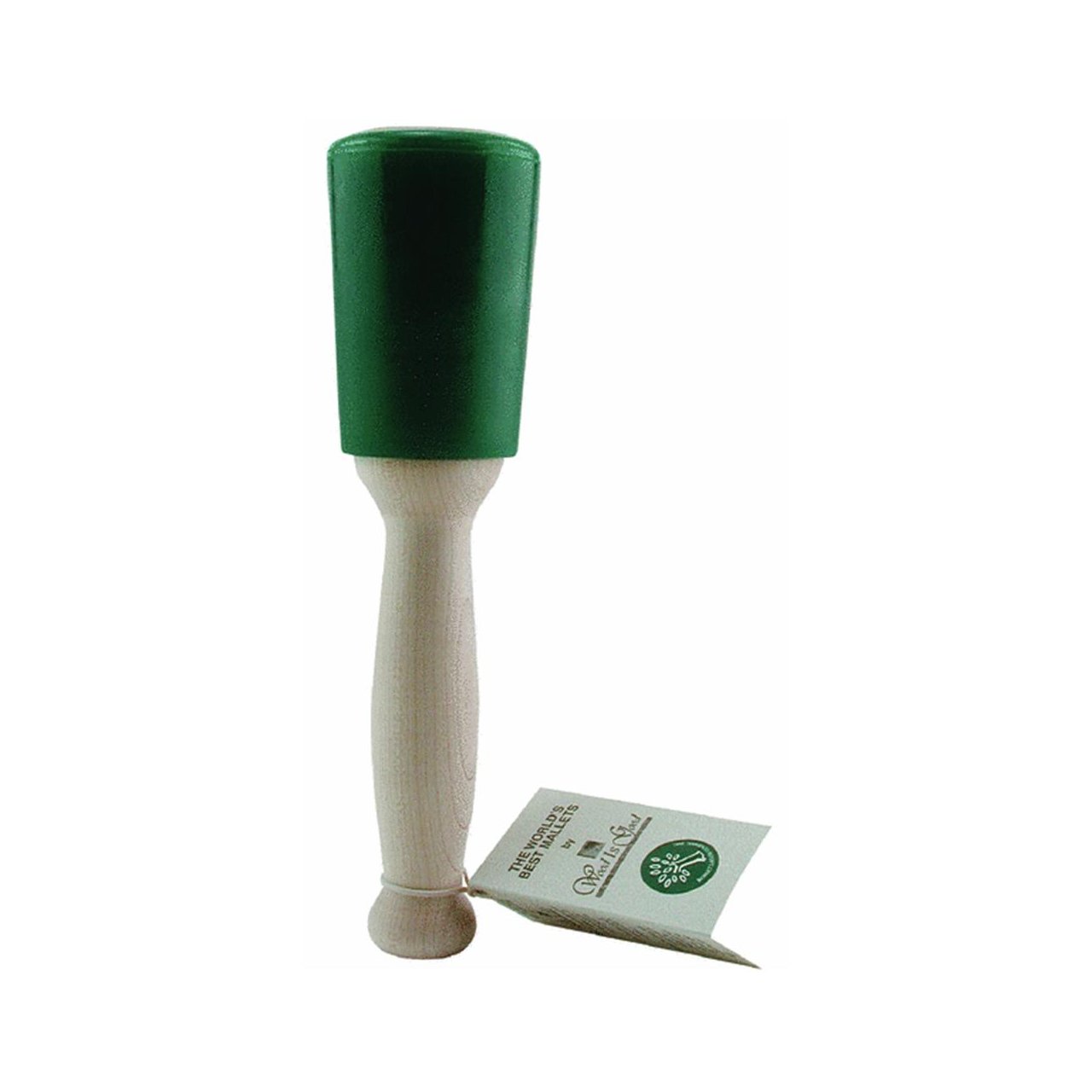Cheshirechappie
Established Member
There has recently been some comment in various parts of the woodworking interweb about the counterfeiting of tool designs - the deliberate copying and selling of someone else's design, usually made to a much lower standard and sold for much less. A thoroughly reprehensible practice, and possibly outright illegal (though enforcement may be difficult or in some cases impossible). The original post on this subject was by Kevin Glen-Drake, pointing out that an overseas manufacturer was making and selling poor copies of his design of hammer, and even using a photograph of a genuine Glen-Drake hammer on the box in which it was packed; the point was taken up by Chris Schwarz on the Lost Art Press blog, and discussion then developed in other parts of the web.
A comment on one of the American forums by Derek Cohen accuses some in the UK in particular of encouraging this practice, or at the very least turning something of a blind eye. So as not to paraphrase Derek's words and thus possibly twist them, here's his post;
"Piracy of designs has been rife for a long, long time. More obvious examples are power tools, where design patents expire and versions of a successful (for example) tablesaw are manufactured by various factories and badged under their own name. We become more aware of this area in handtools as a result of threads such as this one. I read recommendations for handtools on many forums, but is seems to me that the one ones more likely to suggest a knock off design are either the UK forums or forums that cater to beginner woodworkers. In both cases the interest lies in buying as cheaply as possible. The argument/justification is usually that the original tool is too expensive.
Where lines of design ownership become blurred - and a "loop hole" for morality (or should that be immorality) creeps in - lies with those tools that have been around for many years, and the design changes are not always obvious (but enough to say that the design is "different"). Sometimes it is Trade Dress that is the issue. Examples being the Bailey handplane (LN vs early WoodRiver), ongoing knock offs of LN and LV spokeshaves, and ongoing knock offs of the Tite-Mark and LV wheel gauges. I have also seen the Chinese-version of the Tite-Mark hammers on sale at Woodshows and one local woodstore in Perth. I must add that this is not about Chinese factories, but about piracy of design. I know of sellers of look-a-like Blue Spruce marking knives in the UK, and the makers and buyers there do not see any issue in copying the design or buying the (cheaper) product.
The question is what can we do about this? The original makers could take legal action to protect themselves, but this is unlikely as most involved are small businesses that cannot afford the legal expenses. There are probably ways of taking out patents and enforcing them, but this is way outside my area of knowledge. What we can do is talk about this on the forums, to our mates, in discussions - just raise awareness. None of these people will thank you, however.
Regards from Perth
Derek
Last edited by Derek Cohen; Yesterday at 10:37 PM."
There are a number of things here on which I'm in no position to comment (knock-offs of LN and LV spokeshaves, for example), because I just haven't looked at the spokeshave market (outside UK Ebay) for many years. I'm also a little puzzled about the UK knock-offs of Blue Spruce marking knives (for much the same reason).
However, I'm also somewhat puzzled by the Bailey plane reference; as far as I'm aware, the Bailey (and Bed Rock) design has been out of patent for the best part of a century - they were 'common knowledge' when Record started making them in the 1930s. I'm not aware of anybody making poor direct copies of premium planes and passing them off under the LN, LV or Clifton trade names, though there are plenty of manufacturers making Bailey and Bed Rock planes, to varying levels of quality and price, under their own trade names. As far as I'm aware, that's perfectly legitimate.
Perhaps, on behalf of the UK woodworking community, I might ask Derek to clarify and expand his remarks a little?
A comment on one of the American forums by Derek Cohen accuses some in the UK in particular of encouraging this practice, or at the very least turning something of a blind eye. So as not to paraphrase Derek's words and thus possibly twist them, here's his post;
"Piracy of designs has been rife for a long, long time. More obvious examples are power tools, where design patents expire and versions of a successful (for example) tablesaw are manufactured by various factories and badged under their own name. We become more aware of this area in handtools as a result of threads such as this one. I read recommendations for handtools on many forums, but is seems to me that the one ones more likely to suggest a knock off design are either the UK forums or forums that cater to beginner woodworkers. In both cases the interest lies in buying as cheaply as possible. The argument/justification is usually that the original tool is too expensive.
Where lines of design ownership become blurred - and a "loop hole" for morality (or should that be immorality) creeps in - lies with those tools that have been around for many years, and the design changes are not always obvious (but enough to say that the design is "different"). Sometimes it is Trade Dress that is the issue. Examples being the Bailey handplane (LN vs early WoodRiver), ongoing knock offs of LN and LV spokeshaves, and ongoing knock offs of the Tite-Mark and LV wheel gauges. I have also seen the Chinese-version of the Tite-Mark hammers on sale at Woodshows and one local woodstore in Perth. I must add that this is not about Chinese factories, but about piracy of design. I know of sellers of look-a-like Blue Spruce marking knives in the UK, and the makers and buyers there do not see any issue in copying the design or buying the (cheaper) product.
The question is what can we do about this? The original makers could take legal action to protect themselves, but this is unlikely as most involved are small businesses that cannot afford the legal expenses. There are probably ways of taking out patents and enforcing them, but this is way outside my area of knowledge. What we can do is talk about this on the forums, to our mates, in discussions - just raise awareness. None of these people will thank you, however.
Regards from Perth
Derek
Last edited by Derek Cohen; Yesterday at 10:37 PM."
There are a number of things here on which I'm in no position to comment (knock-offs of LN and LV spokeshaves, for example), because I just haven't looked at the spokeshave market (outside UK Ebay) for many years. I'm also a little puzzled about the UK knock-offs of Blue Spruce marking knives (for much the same reason).
However, I'm also somewhat puzzled by the Bailey plane reference; as far as I'm aware, the Bailey (and Bed Rock) design has been out of patent for the best part of a century - they were 'common knowledge' when Record started making them in the 1930s. I'm not aware of anybody making poor direct copies of premium planes and passing them off under the LN, LV or Clifton trade names, though there are plenty of manufacturers making Bailey and Bed Rock planes, to varying levels of quality and price, under their own trade names. As far as I'm aware, that's perfectly legitimate.
Perhaps, on behalf of the UK woodworking community, I might ask Derek to clarify and expand his remarks a little?






































